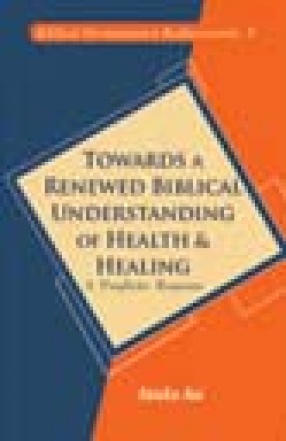
Showing all 5 books

This book examines the different interpretations of the understanding of illness, health and healing by the Biblical (Old Testament) Prophets in order to address the issues related to these concepts in our contemporary context.
The prophetic literatures of the pre-exilic, exilic and post-exilic times were corrective, subversive alternative to the pre-dominant idea that health and healing were something very physical. However, the prophetic understanding corrected ...
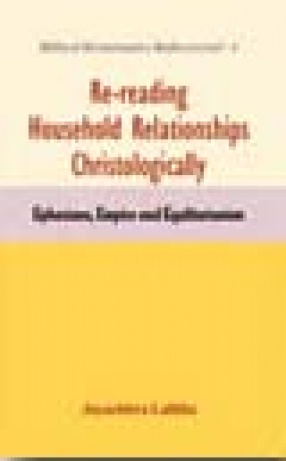
Why has the biblical passage, Eph. 5:21-33 traditionally been used to reiterate the subordinate position of wives and women in general? This book attempts to analyze the Jewish, Greco-Roman and Christian elements of household relationships in the letter to the Ephesians as a site for postcolonial feminist theological formulations. While there are negotiations with the colonial and patriarchal environment, one may also find how the author struggles to retain the ...
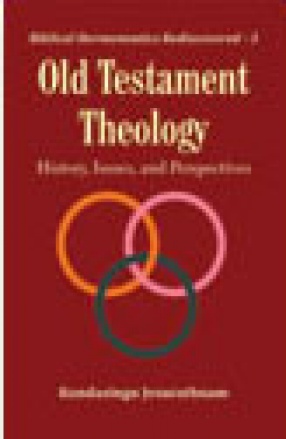
Contextually, Old Testament (OT) has always been a popular part of the Holy Bible among the common people in India. In order to avoid a lot of misconceptions on the reception and use of the OT in India, the present research makes a detailed study on the history of the discipline of the Old Testament Theology right from the Nineteenth century of the Christian era.
The present volume on Old Testament Theology endeavors to present the material related to the subject ...
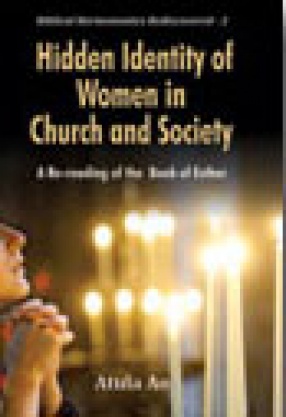
This book meticulously addresses the issue of `Feminist/Womanist Identities' and `Biblical Hermeneutics'; and there mutual impact on each other. The author picks up constructed identity of two women in the biblical narrative, to analyse it from the prism of women's identity formation, which in this case is a pure patriarchal construction. The story of the book of Esther is: the `vamp' - Vashti, versus the `ideal' - Esther. The book of Esther is a vivid reflection ...
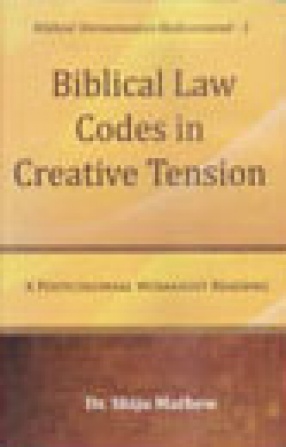
The present book is about the Israelite law codes found in the Hebrew Bible. In Hebrew Bible there are casuistic laws and apodictic laws. Casuistic laws unlike apodictic are not in favor of all the weaker sections of the society especially Women. It focuses not only to identify the roots and further growth of the Biblical law system but also serves as a guiding tool in knowing the influence of AWA (Ancient West Asia) legal system on it.
The author has attempted ...
